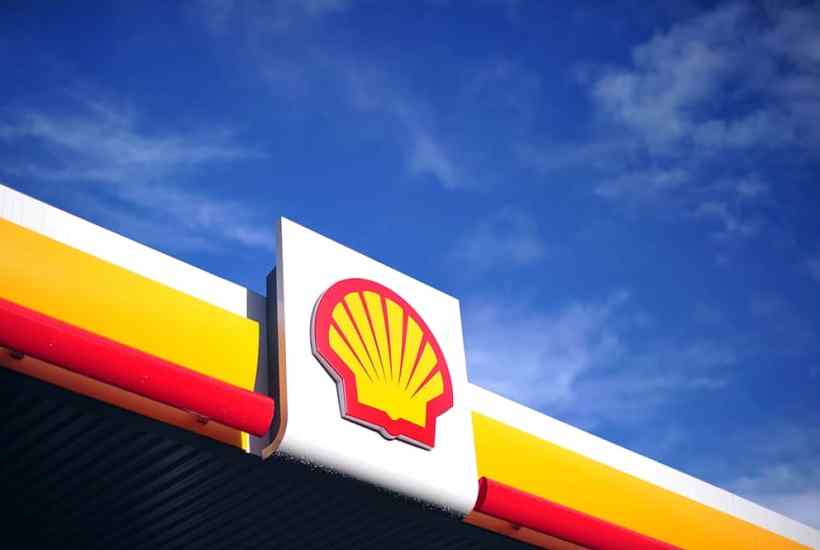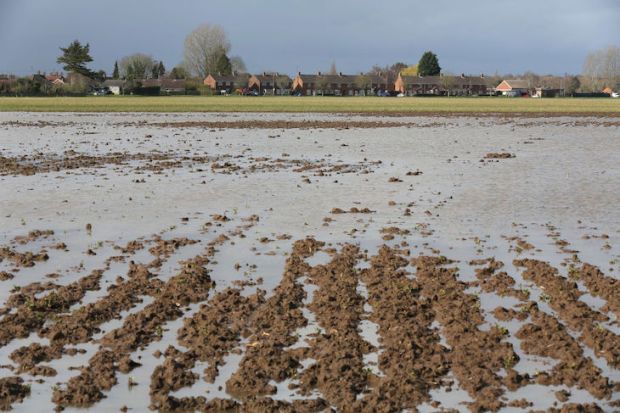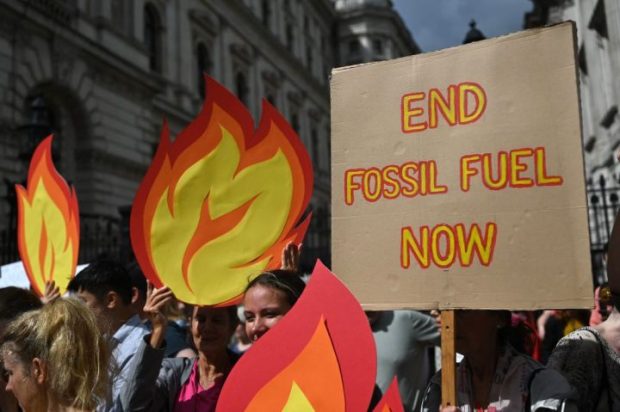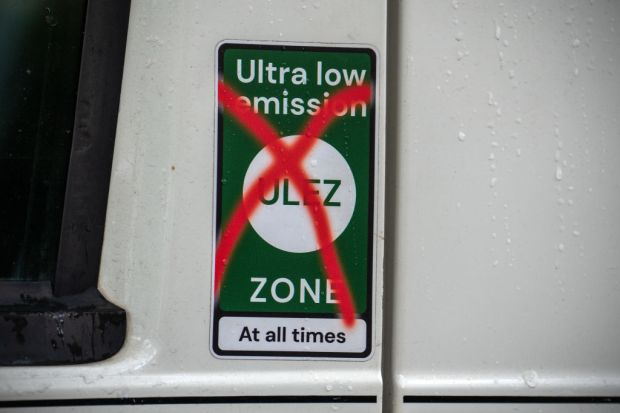According to Labour, solving the energy crisis is really very simple. Rather than funding an energy price cap through borrowing, as Liz Truss wants to do, it should be funded by a windfall tax on oil giants instead. In other words, let’s grab some of more of the gargantuan profits being made by these polluting companies and use it for the social good.
But hang on a minute. Is there really such a bottomless well of money to be exploited? This morning’s profit warning from Shell suggests otherwise. We have been conditioned into thinking that companies such as Shell have been coining it in all year – not least thanks to the foolish remarks by BP chief executive Bernard Looney in February comparing his company to ‘a cash machine’. It’s almost as if he was deliberately trying to goad the government into hitting BP with a windfall tax. The government did indeed oblige, with the then chancellor Rishi Sunak announcing a ‘temporary targeted energy profits levy’ of 25 per cent in May – something shadow chancellor Rachel Reeves chose to ignore when she claimed the government is ‘leaving the eye-watering windfall profits of the energy giants untaxed’.
In the second quarter of this year Shell did seem to have been making impressive profits. But that, according to this morning’s announcement, has come to a shuddering halt. Its margins on refining oil fell from $28 per barrel in the second quarter to $15 per barrel in the third quarter. As for chemicals production – such as making plastics – profit margins fell from $86 per tonne in the second quarter to minus $27 per tonne in the third quarter. Even Labour might struggle to justify a tax on windfall losses.
Overall, Shell will still be in profit this year – unlike in 2020 when the company lost a thumping $25 billion. But it is a warning to any politician who thinks oil companies’ profits are the answer to the government’s financial woes. The oil business has always swung violently between good and bad times as oil prices spike and then collapse just as sharply. Taking an oil spike as proof of a new normal is plain foolish.
We may still be fretting about gas prices over winter – a self-imposed disaster resulting from Europe’s over-reliance on Russia – but that has rather obscured the fact that crude oil prices have fallen by a third since the summer, down from more than $120 a barrel to between $80 and $90 now. That is why Opec+ this week agreed to reduce production – not because it is trying to spite the West by supporting Vladimir Putin, but because it is trying to look after its own interests by propping up the oil price as demand is hit by slowing economies.
Few people will be tempted to feel sorry for Shell, BP or any other of the big oil companies, but they are certainly not engaged in a business where large, easy profits are guaranteed. Base your spending plans on extracting ever more taxes from them and you face extreme disappointment.
Got something to add? Join the discussion and comment below.
Get 10 issues for just $10
Subscribe to The Spectator Australia today for the next 10 magazine issues, plus full online access, for just $10.





















Comments
Don't miss out
Join the conversation with other Spectator Australia readers. Subscribe to leave a comment.
SUBSCRIBEAlready a subscriber? Log in